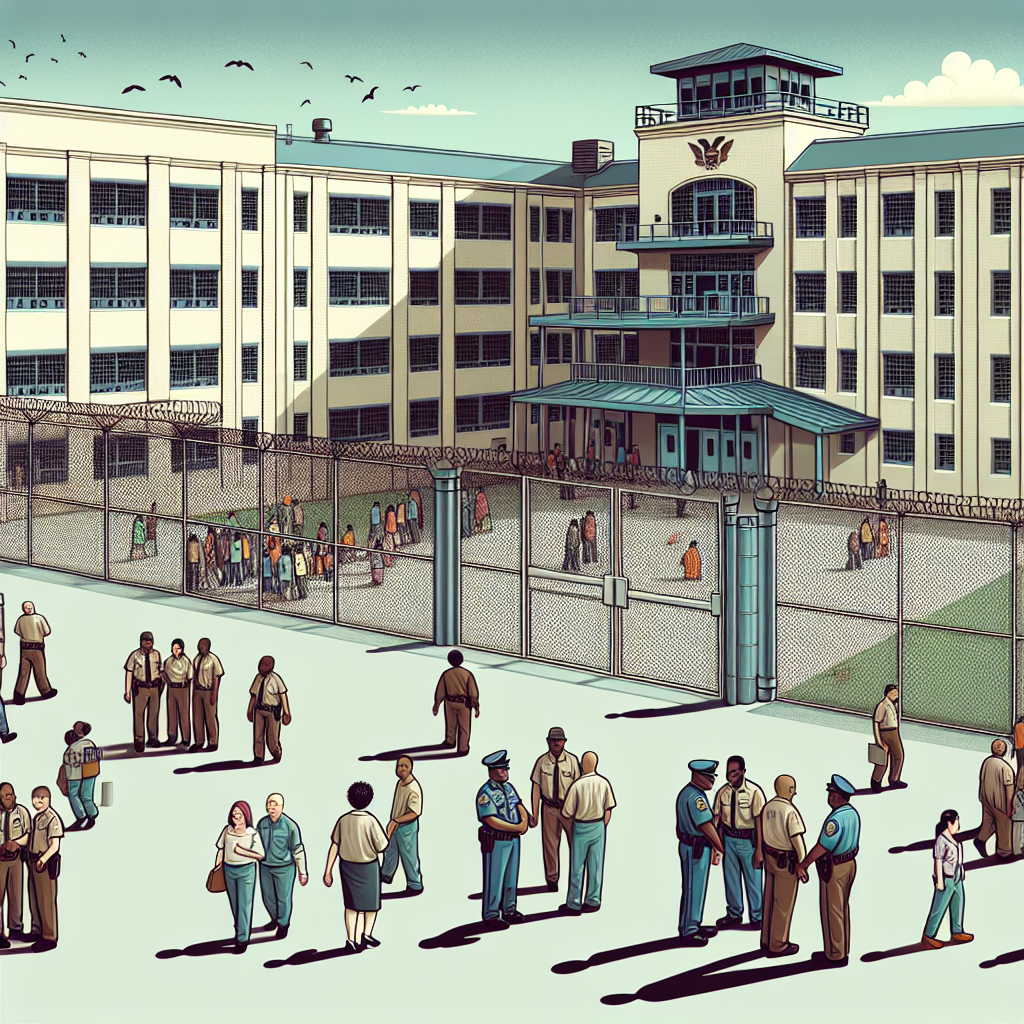States Urged to Respect Broad Definition of 'Places of Deprivation of Liberty'
In its first General Comment on OPCAT’s article 4, adopted during its 53rd session in June, the SPT highlighted challenges faced by national preventive mechanisms in accessing certain detention facilities.

The UN Subcommittee on Prevention of Torture (SPT) has called on all States parties to the Optional Protocol to the Convention Against Torture (OPCAT) to respect its broad definition of places of deprivation of liberty. This will ensure that the SPT and related national bodies can monitor detention conditions and prevent torture and ill-treatment effectively.
In its first General Comment on OPCAT’s article 4, adopted during its 53rd session in June, the SPT highlighted challenges faced by national preventive mechanisms in accessing certain detention facilities. The difficulties, sometimes rooted in national legislation, have restricted these bodies from conducting necessary visits.
The SPT’s General Comment details various issues in the implementation of article 4, including:
Difficulties in entering certain detention places.
Misunderstandings by authorities about what constitutes a place of deprivation of liberty.
Discrepancies in places that States allow the SPT and national mechanisms to visit, often imposing more restrictions on national bodies.
“The term ‘places of deprivation of liberty’ must be understood as a comprehensive concept that encompasses all situations,” the SPT emphasized. Such an understanding is vital to prevent torture and other cruel, inhuman, or degrading treatment through visits by the SPT and national mechanisms to all relevant places.
SPT Chairperson Suzanne Jabbour stated, “The SPT is confident that this first General Comment, shaped by extensive consultations with all relevant stakeholders and the practical experience of the SPT, will be an important cornerstone, cementing the broad understanding of the notion of ‘deprivation of liberty’ and ensuring the effectiveness of the NPM mandates worldwide. The adoption of this document represents a pivotal moment not only for the OPCAT system but also for the global torture prevention movement.”
General Comment No. 1 is available in English and will be translated into other UN official languages later this year.
- READ MORE ON:
- Optional Protocol to the Convention Against Torture










